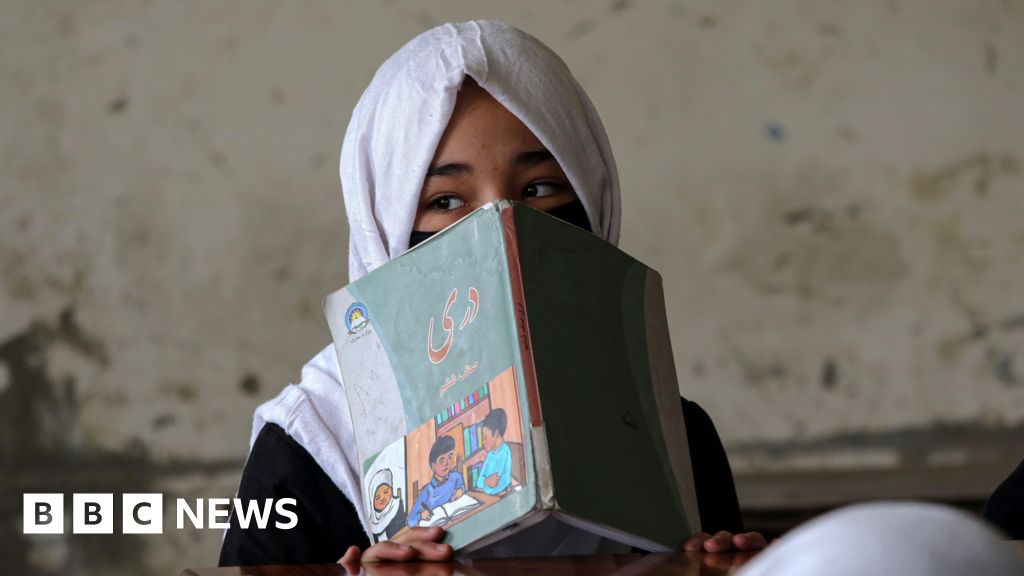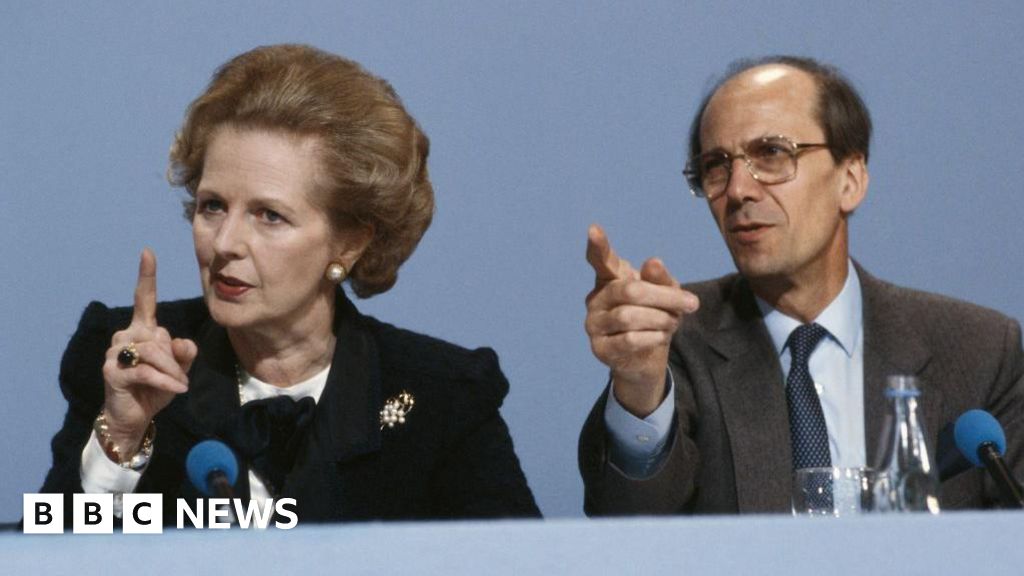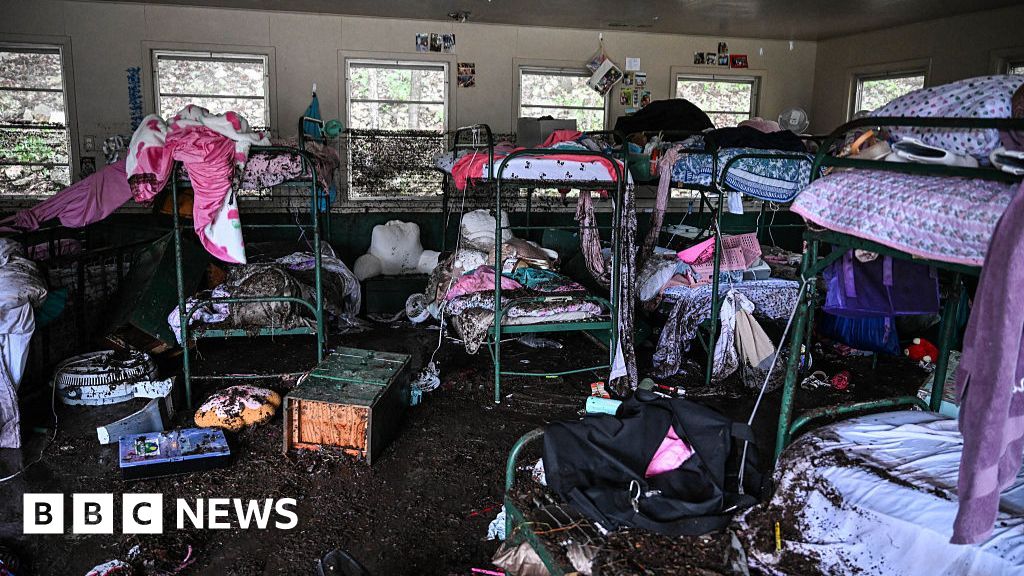- Braaivleis on glowing briquettes and summertime cricket,
- Lazy public holidays and low cost of living,
- Rugby world cups and sports teams that win,
- These are a few of South Africans favourite things!
While you'd think any South African would tell you the above list goes without saying, these claims are actually backed up by scientific data.
Just ask Prof Talita Greyling, a wellbeing economist affiliated with the University of Johannesburg.
For the better part of a decade, she has been studying what makes South Africa happy and is now incorporating artificial intelligence, machine learning and big data to identify trends.
Greyling, along with Prof Stephanié Rossouw from the Auckland University of Technology, started the Gross National Happiness Today index in 2019.
"In general, South Africans are quite positive. While we are known as inherently easygoing and tough, there are a few things that make us really happy," Greyling said.
"To date, the happiest we have ever been as a nation was during the 2019 Rugby World Cup final in Japan. It is something I will never forget. I had just finished running the Kaapsehoop marathon and, along with a group of runners, stumbled into a local pub to watch the final. As the people grew more excited, I kept an eye on the index. It just kept climbing and climbing. On that day, we reached close to 9 on the index. It was incredible to see."
A similar height was reached with 2023's victory in Paris, however, it is not just Rassie and his troops that provide euphoria. Greyling said that sport of any kind plays an important role in the sentiments of South Africans.
"Even with something like club soccer. The index reacts if Kaizer Chiefs wins a game. During the Olympic games in Paris, we regularly saw spikes when South Africa took part and more so when they won medals."
READ | CATCH the cricketing rose that spawns in Khayelitsha's concrete and leaden violence
The fluctuations of the interest rates and the knock-on effects thereof also influence South African sentiment.
"When interests rates or the petrol price decreases, we see how it lifts the mood of the country. The opposite is, unfortunately, also the case."
Load shedding's impact on the happiness index
One uniquely South African problem, which remains a thorn in the side of the country's gradual climb in happiness: Load shedding.
"In February, we had the unwelcome return of load shedding, dropping the collective happiness in general. An anomaly that we saw on the first weekend was that Saturday, which normally scores high in happiness, had the lowest rating as the return load shedding was announced the day before. This also influenced the viewing of the Soweto derby," Greyling said.
"That meant, on Monday, South Africans were happier than they were on Saturday. This was in direct contrast to what we have seen before."
In a relatively short period of a decade, Greyling has shot up the academic ladder. Her studies started in BCOM (law), but later changed tack to post-graduate studies in economics. This led to a job at the Treasury as part of the fiscal analysis unit.
"I wanted to be a powerhouse corporate lawyer, but then my paths crossed with Prof Frederick Fourie, economist and former rector of the University of the Free State. He convinced me to change to economics," she said.
While her focus remained macroeconomics, she had a pivotal moment when she visited her sister, a doctor focusing on HIV treatment in rural clinics.
Greyling said:
There was a line of at least 40 mothers and children waiting for treatment from before 06:00. I was then tasked at watching a nine-year-old to confirm that she is still breathing, who, was critically ill and waiting for an ambulance. I realised that there is no system in place to safeguard the wellbeing of these children.
"I knew I had to make a difference. Because I am not a medical doctor, I shifted focus from macroeconomics to wellbeing and quality-of-life-studies."
Since then, her plan has been to influence policy to inevitably improve quality of life.
"How can policymakers act if there is no standardised measure? That was the focus of my PHD: Developing precise measurements of multi-dimensional quality-of-life, she said.
How data is acquired
"We want to influence policymakers. If we can reach them to adapt or introduce policy for the benefit of citizens' wellbeing, it will lead to economic growth. If citizens are happier, they are more motivated and work harder. This stimulates the economy and leads to growth."
Greyling and Roussow dream that the Gross National Happiness index is adopted by statistical services the world over.
"Imagine if, in real time, politicians and policymakers can see the effect their choices have on the populace, in almost real-time, no delays…"
Previously, the index was compiled through the analysis of millions of tweets, analysed using a sentiment lexicon, computing an average score out of 10 for happiness.
However, after Elon Musk's takeover of the platform and the subsequent ending of academic research, they had to find a new way of measuring South Africa's sentiment. They then turned to Google searches, extracting emotive words to derive an equation validated against survey data to estimate happiness.
"Google searches provide more empirical data. The advantage we had with Twitter (X) was the real time nature of the tweets. While we are grateful that Musk's move forced us to change methods, it would be optimal to combine the tweets with Google searches to get the clearest picture."
For now, Greyling's plan is to continue adding countries to the index.
"Thus far we have South Africa, England, the Netherlands, New Zealand and the USA on the GNH. Today's index. The idea is that we expand the data set to include more countries, especially African countries."
How happy is South Africa compared to other countries?
Greyling was instrumental in the World Happiness Report launching in Africa for the first time earlier in March.
The annual report was an initiative that was started in 2012 by the Wellbeing Research Centre at the University of Oxford, in partnership with Gallup and the UN Sustainable Development Solutions Network. It evaluates global happiness levels based on key life indicators.
This includes social support, GDP per capita, healthy life expectancy, freedom, generosity and perceptions of corruption.
This year's focus was on the impact of caring and sharing on people's happiness.
READ | Blood, sweat and cheers: A donor's tale of chasing the Man with the Golden Arm
Among the main findings in the 2025 report was that household size is closely linked to happiness. Four to five people living together enjoy the highest levels of happiness in Mexico and Europe, but many people in Europe are living on their own.
Furthermore, sharing meals with others is strongly linked to wellbeing across all global regions, but the number of people dining alone in the United States has increased 53% over the past two decades.
It was also found that declining happiness and social trust in the US and parts of Europe help explain the rise and direction of political polarisation.
This year, South Africa ranked 95th out of 147 countries in happiness. A regression of 12 places since 2024. We also slipped back a spot from 3rd to 4th in African rankings.
"While it might come as a surprise to some, it is not all doom and gloom. We must remember that the WHR uses an average of data from three years. If you look a little closer and on an annual basis, you'll see SA has climbed the ranks to the second happiest country on the continent," Greyling said.
If you have a tip for a good news story, you can email it to feelgood@news24.com.
Newsletter
Weekly
Wake Up To Good News
Good News editor Paul Herman delivers a Monday morning round-up of stories that remind you why you fell in love with South Africa.
 (1).png)
 3 months ago
16
3 months ago
16

















